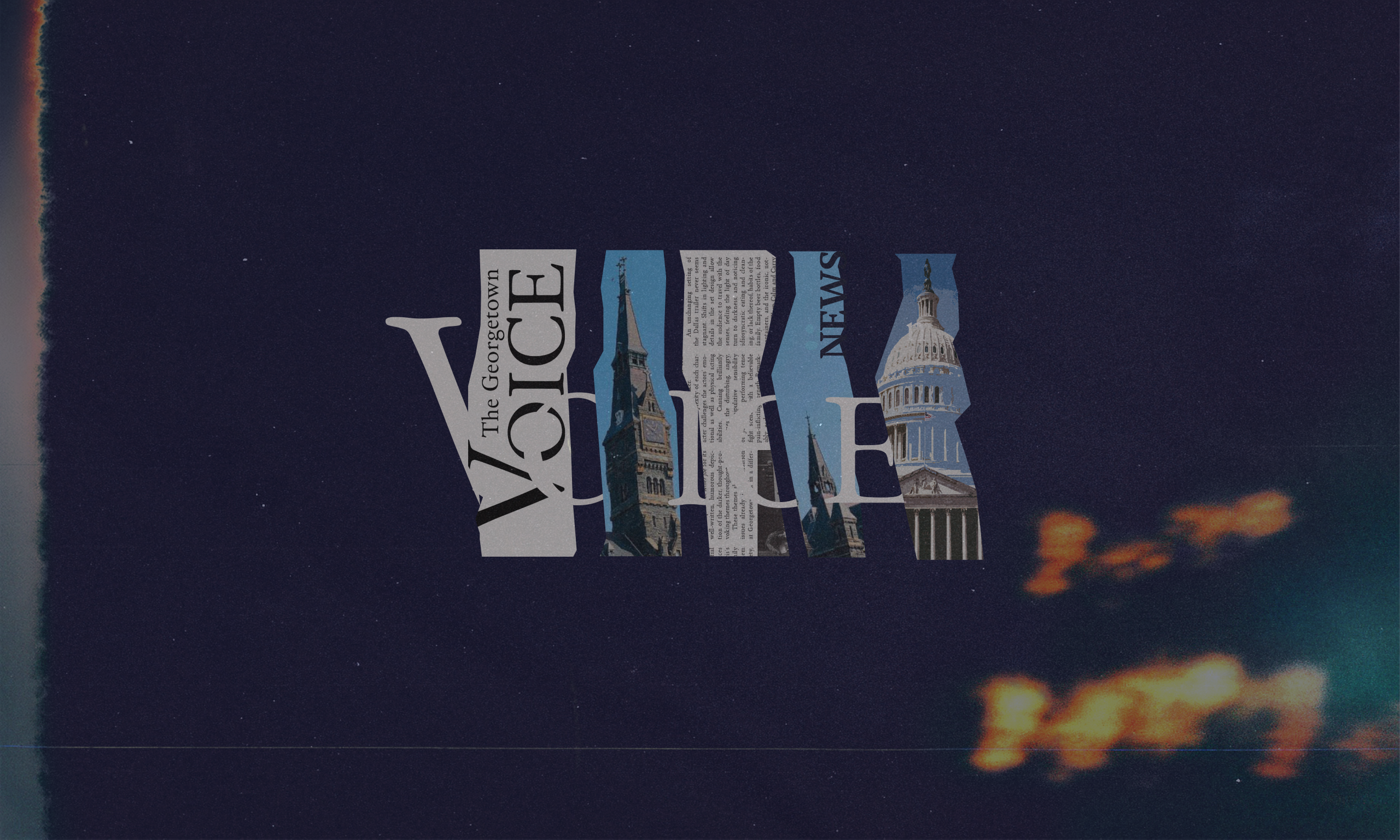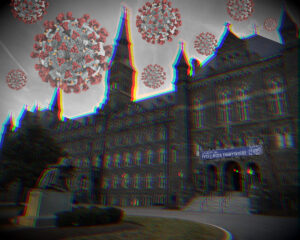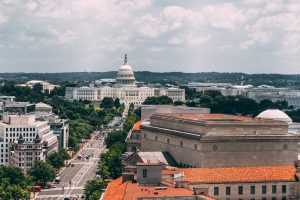Content Warning: This article references sexual assault and misconduct.
A petition created by Georgetown Students 4 South Asia calling for internal reform of the South Asian Society (SAS) has amassed more than 100 signatures as of May 24. The petition lays out the foundations for improved inclusivity, election reform, and transparency among the South Asian community at Georgetown, which comes as India and much of South Asia is reeling from a surge in COVID-19 cases.
The South Asian Society is a Georgetown-affiliated student-led organization that works to meet the social, cultural, and educational needs of all Hoyas with an interest in South Asia, according to the group’s Facebook. Georgetown Students 4 South Asia is an non-university affiliated organization—separate from SAS—that was designed both as a tool to spur change in SAS and to fill in the bureaucratic and manpower gaps that SAS couldn’t. “This organization and the momentum behind it aren’t pushing for the end of SAS, but pushing for genuine reform, and SAS has listened,” Nikash Harapanahalli (COL ‘24) said in an interview with the Voice. Harapanahalli is both one of three underclassmen representatives on the SAS board and as a member of Georgetown Students 4 South Asia.
The organization’s petition calls for election reform, including moving from a nomination-based selection process to a general-body election selection for candidates, increased transparency, and greater representation for non-North Indian voices.
The petition also calls for several new positions for next year’s election, including a multicultural chair, a two-student multicultural committee, and an outreach committee. “By actively encouraging greater inclusion of the general body through these key points, we can promote greater representation and facilitate a learning, welcoming environment for all South Asian students at Georgetown University,” the Georgetown Students 4 South Asia petition reads.
Several students have made demands for cultural change within SAS as well. Georgetown Students 4 South Asia posted testimonials from students about SAS’s lack of inclusivity or sexual assault accountability as well as its lack of caste sensitivity and appropriation of Black art.
Georgetown Students 4 South Asia’s demands are the result of years of misrepresentation and a lack of diversity in SAS, according to Harapanahalli. “The South Asian Society, like various other South Asian groups on campus, has been broadly focused on specific peoples, groups, and religions, and are not intentionally representative of the whole subcontinent,” Harapanahalli said.
South Asia is a diverse region, with thousands of languages and dialects spoken across different nations and a plethora of religions and ethnicities among the nearly 1.891 billion people that live in the region.
The petition cites a combination of historical discrimination, recent policy decisions, and the rise of paramilitary groups that have modeled politics of exclusion and created hierarchies of identities. Colonialism left a legacy of lasting division and inequality, the effects of which continue to be felt today in national identification, territorial boundaries, and socioeconomic structures. In line with these larger trends, Georgetown Students 4 South Asia has argued that SAS focuses disproportionately on North Indians and the Hindu religion.
Before the petition’s circulation, students engaged in email exchanges with SAS board members and requested a broader scope of SAS events relating to queerness and caste, according to Shevani Tewari (SFS ’24), who is both a club member in SAS and works on the social media team for Georgetown Students 4 South Asia. “This came after years of being ignored,” Tewari said.
“South Asian spaces are complicated. It isn’t necessarily the most cohesive region,” Tewari said. The cross-border and cultural divides that formed in the region as a result of colonialism are reflected in SAS, the two said. Tewari and Harapanahalli hope that Georgetown Students 4 South Asia can broaden representation on campus and in SAS with inclusivity and focus on all regions, castes, languages, genders, ethnicities, or races. “Borders drawn artificially don’t have to exist here,” Harapanahalli said.
Tewari and Harapanahalli hope to improve the organization for future classes. “This is a response to a culture, and the class of 2024, in many ways, was shocked and horrified to understand that this culture is allowed to continue. We are taking substantive steps to ensure that this doesn’t happen,” Harapanahalli said.
Since the petition began circulating, SAS has engaged in major internal reform, including amending its constitution through creating the position of multicultural chair, working on a project to improve queer representation, planning dialogues on Hindu-Muslim unity, and empowering diverse forms of South Asian art and dance on campus, according to Harapanahalli.
Beyond reforming SAS, Harapanahalli and Tewari believe Georgetown Students 4 South Asia can play a key role as a more structured advocacy platform. “Georgetown Students 4 South Asia can be an amazing way to channel and to do what SAS can’t do: to advocate for the South Asian community, and to link people and activists together. It can be not just an effective but a visible tool for channeling our passion for South Asia into real things,” said Harapanahalli.
Most recently, Georgetown Students 4 South Asia has taken action to mitigate the immense harm in India wrought by COVID-19, which causes nearly 3,000 deaths each day on average. As of May 4, India had surpassed 20 million COVID-19 cases. In less than 24 hours, the organization raised over $1,000 for ambulance support in Mumbai. Mutual aid links provided by the organization are encouraging student support and donations to mitigate the effects of the pandemic.
Such actions are just the beginning for Georgetown Students 4 South Asia, Harapanahalli and Tewari said. “We want this organization to exist and continue to thrive,” Tewari said. “We’re still going to exist, push SAS to be a more inclusive space, and continue to conduct a more rapid response.”
If you want to help the COVID-19 crisis in India, Georgetown Students 4 South Asia has provided the following link for mutual aid options.





